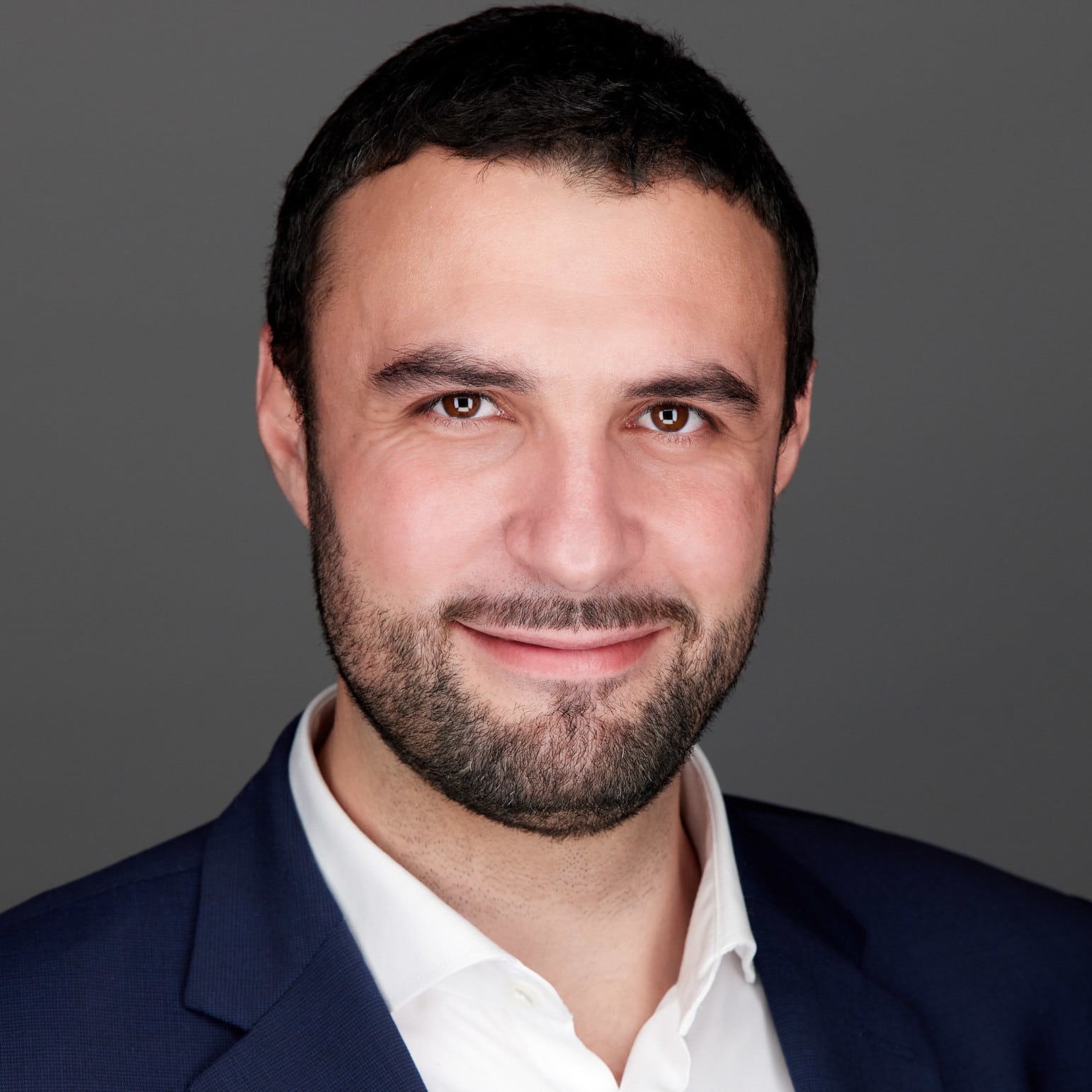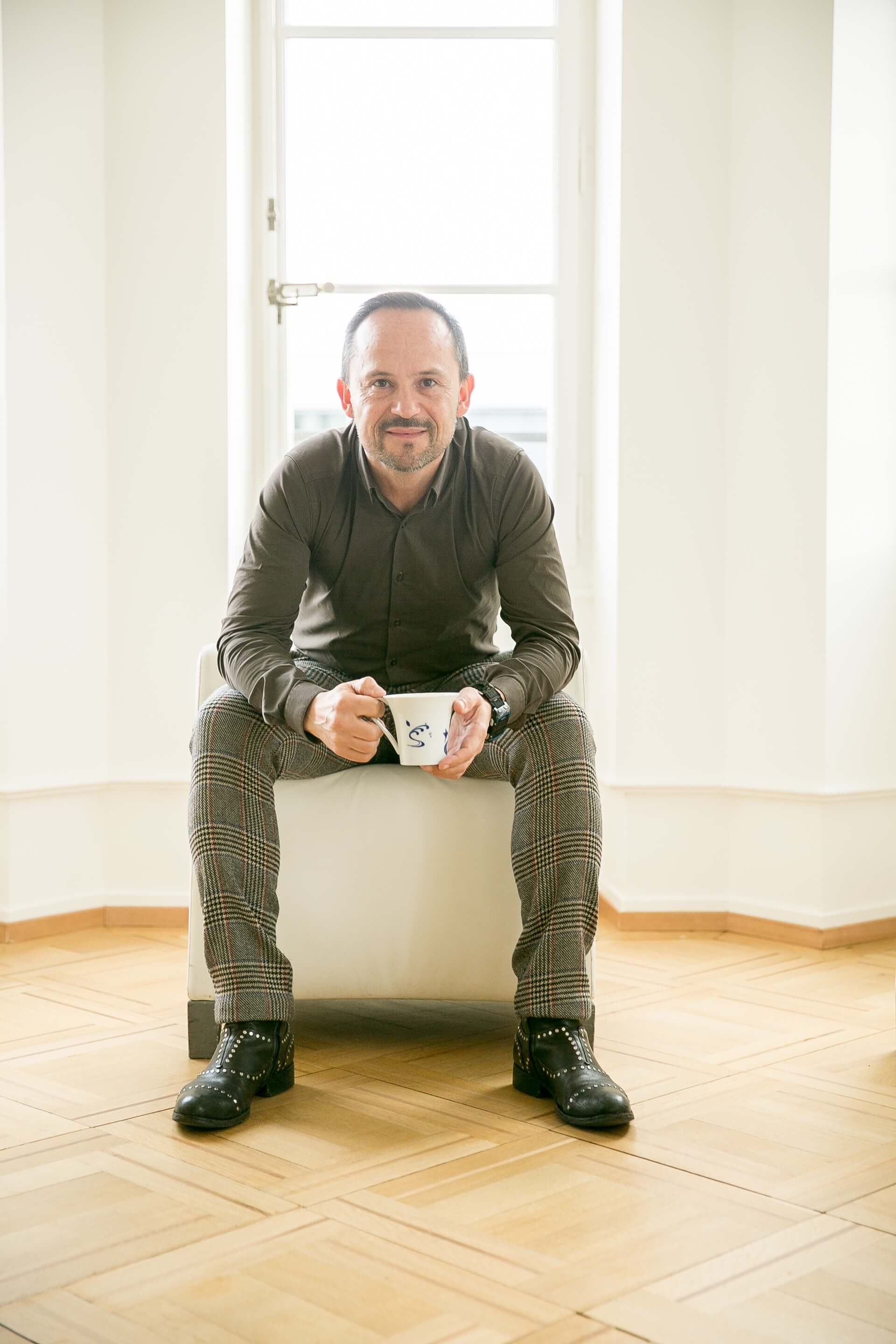Once is not custom, our interview leads us to the last member of the SuCh Consulting team : Thomas Mangin
As a newcomer to our firm, Thomas Mangin has answered our questions and shares with us his young but rich background, as well as his vision of consulting and Supply Chain in Switzerland … and in the world.
Can you tell us about yourself? How your journey has led you to Supply Chain?
Like many people, I discovered Supply Chain by chance!
When I was 19 years old and had just finished my first year of business school in Reutlingen, Germany, I was looking for a 6-month internship in the country to gain some initial work experience. At first, I oriented my research towards sales – because I appreciated the human contact and I was already selling wine for my family – and against all expectations, my research led me to Bosch, in Dresden … but to purchasing.
This first experience allowed me to discover the world of purchasing and to realize its importance, in terms of quality, safety and impact on the result … Depending on the sector, purchasing still represents 30 to 70% of the cost price. Optimizing your purchases therefore allows you to create a real competitive advantage!
Following this internship, I extended my experience at Bosch by becoming a Werkstudent; then back in France, I moved more towards Supply Chain and Lean, this time with experience at Daimler, on the production site of the smart ForTwo in Moselle.
After completing my business studies, I wanted to specialize in Supply Chain & Logistics and enrolled in England, at Lancaster University, where I was finally able to follow a course 100% dedicated to learning Supply Chain.
You have studied in France, China, St. Gallen and Lancaster (UK), what do you remember about these universities and, above all, what role does Supply Chain play in them?
I have the feeling that Supply Chain Management is still very little taught in business schools, because it is considered too technical… hence my discovery of the field, which was above all made through my professional experiences.
This is one of the reasons that encouraged me to continue my studies in England, where the split between business schools and engineering schools is perhaps less marked than elsewhere in Europe … The course proposed has enabled me to obtain both technical and managerial training. I am completing this Master’s program in St.Gallen from September to December, which will give me the opportunity to discover Swiss Supply Chain teaching in greater depth.
In China, I was above all marked by the progress made in logistics, particularly in E-Commerce, with sites such as JD.com, or Alibaba and its subsidiary Taobao, which now offer day deliveries – in some cases by drone – or even in only 2 to 3 days for deliveries across the country. As far as Supply Chain education is concerned, China seems to be at the same level as Western countries, with specialized programs now flourishing in universities, often in partnership with Western universities.
Generally speaking, I have the feeling that the rise of Supply Chain in organizations is being closely followed by the academic world. In business schools, the few programs specializing in Supply Chain – even if some of them have been in existence for several years – are becoming more democratic and I won’t be surprised to see this function take hold in the coming years at a level comparable to Marketing or Finance.
Can you tell us what led you to consulting and what are for you the 3 skills of a good consultant?
After two experiences in large industrial groups, I wanted to find a job that would allow me not to focus only on one sector or profession, but rather to continue to discover new ones to gain experience. I think that in this sense, consulting is the perfect job, since every day is different!
Consulting also allows me to combine the business and technical aspects, which is important for me as I have a commercial profile and later specialized in logistics.
Combining these two types of skills seemed to be the key to being a good consultant. Having technical expertise – acquired through training and experience – is, in my opinion, the foundation of the added value of a consultant. Interpersonal and relational skills are no less important, because to be a consultant, you need to understand the client’s needs – which requires good listening skills. Subsequently, it is just as crucial to be able to communicate the results of one’s study in the most comprehensible way possible to the client.
To quote a third key competency, I think you have to be passionate. As Steve Jobs said “The only way to do great work is to love what you do”!
Can you tell us about your first months as a Junior Consultant in our company?
I am very satisfied with my first months at SuCh Consulting!
I appreciate to have been given responsibilities quite quickly and to be able to juggle between consulting studies and a more commercial work, for which I think I can – through my profile – bring a real added value.
My choice to join SuCh Consulting was above all motivated by the personalities of its founders. I share their innovative vision of a Supply Chain that goes beyond industrial processes and that should apply to all types of organizations.
I am also convinced that Supply Chain and Lean Management will continue to develop and eventually become major and strategic functions.
A final word?
Supply Chain is becoming more and more democratic in organizations today and is establishing itself as a real backbone between the different functions and departments. I am convinced that the success of organizations will now inevitably depend on the control of their flows, whether physical or informational, i.e. their Supply Chain. It is now up to us to support companies and help them achieve this level of excellence!
Thomas Mangin : thank you for sharing your thoughts ! All the best :-)
Thomas Mangin interview
Need more information ? Contact us !




